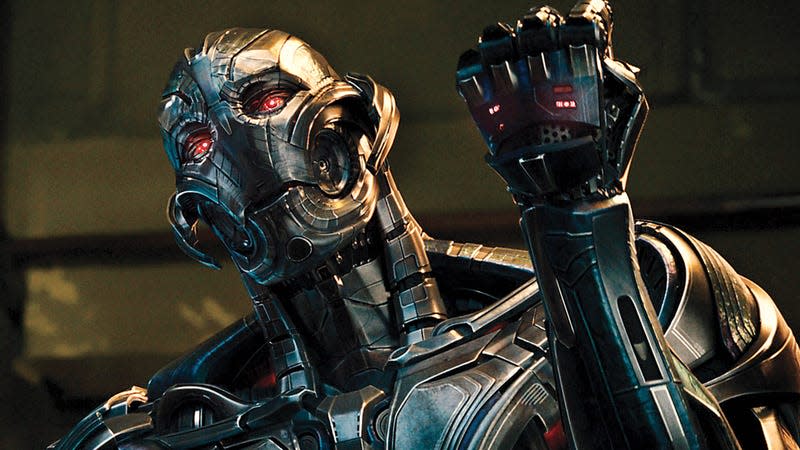Voice Actors Are Having Their Voices Stolen by AI

Towards the end of 2022, there was a big boom in AI-generated art on social media and artist-friendly sites such as ArtStation. Though human artists have been quite vocal about how art generators are copying art that already exists from real creators, AI art is gradually becoming a part of that community and other parts of various entertainment industries such as books or music. And now a similar problem is arising in the voice acting space.
Earlier in the week, Motherboard reported a story on how video game voice actors are now being asked to sign their voice rights away to company-run AI voice generators when signing on for a new project. Some actors have been made to sign contracts with these clauses built in, others don’t even know the clause exists until after they’ve signed. Either way, the concern that these AI voices will take roles from actors of all size is very real, particularly for those who are trying to get into the industry.
Read more
These Winning Close-Up Photos Show Life That's Often Overlooked
Remembering Enterprise: The Test Shuttle That Never Flew to Space
Fryda Wolff, a voice actor best known for Apex Legends, told Motherboard what AI-generated voices could mean for human actors and getting paid properly, particularly those who work with game developers and animation studios. “[They] could get away with squeezing more performances out of me through feeding my voice to AI, using these generated performances, and then never compensating me for use of my ‘likeness’, never mind informing my agency that this was done.”
Simlarly, Sungwon Cho added that it was “disrespectful to the craft to suggest that generating a performance is equivalent to a real human being’s performance. [...] You can get it to sound tonally like a voice, and maybe even make it sound like it’s capturing an emotion, but at the end of the day, it is still going to ring hollow and false.”
Hey friends, I know AI technology is exciting, but if you see my voice or any of the characters that I voice offered on any of those sites, please know that I have not given my permission, and never will. This is highly unethical. We all appreciate your support. Thank you.
— Steve Blum (@blumspew) February 11, 2023
In addition to Cho, longtime voice actors such as Steve Blum, Kara Edwards, and Stephanie Sheh recently used Twitter to ask fans to let actors know when their voices are being used on AI voice apps. “I know AI technology is exciting, but if you see my voice or any of the characters that I voice offered on any of those sites, please know that I have not given my permission, and never will,” wrote Blum. “This is highly unethical.”
When it comes to AI art and voices, consent has been one of the key points of concern. In a lot of cases, the artists whose work is being used for AI aren’t giving their explicit consent to be a part of this—it’s fans or websites that are making the choice for them. Actor Sarah Elmaleh stressed to Motherboard that for performances, “consent must be ongoing. What happens when we happily agree to a role, and, once in the booth, we see a particular line in the script that doesn’t feel right, and express unambiguous discomfort? [...] Normally, we are able to refuse to read the line, to prevent it from being used. This technology obviously circumvents that entirely.”
Between actors signing their voices away to AI companies and studios actively getting in bed with this technology (see Linkin Park or Netflix), it’s safe to say that AI will be a part of the broader entertainment industry for some time. It’s honestly pretty depressing to see the optimization mindset of the tech industry apply to artistically minded fields. As much as its vocal proponents like to go on about how much this is the future, it’s not one to look forward to if that means getting rid of the passion and hard work that can only come from a human touch.
Want more io9 news? Check out when to expect the latest Marvel, Star Wars, and Star Trek releases, what’s next for the DC Universe on film and TV, and everything you need to know about the future of Doctor Who.
More from Gizmodo
Sign up for Gizmodo's Newsletter. For the latest news, Facebook, Twitter and Instagram.

